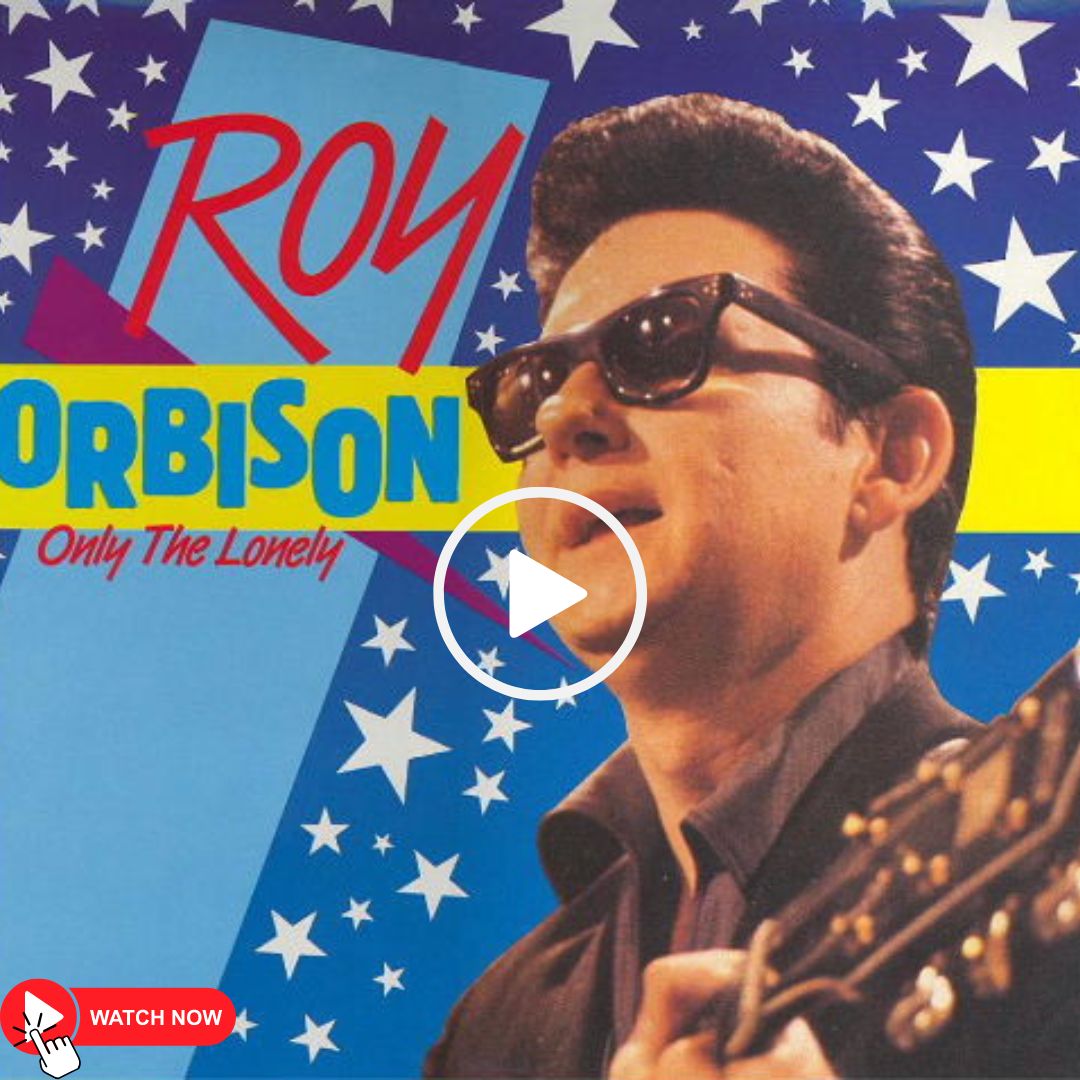“Only the Lonely” by Roy Orbison is a timeless classic that stands as a pinnacle of Orbison’s emotive vocal prowess and songwriting brilliance. Released in 1960, the song became a chart-topping hit and established Orbison as a master of the rock and roll ballad genre. The track opens with a melancholic guitar riff that sets the mood for a poignant exploration of heartbreak and solitude.
Orbison’s distinctive and powerful tenor voice takes center stage, conveying a sense of vulnerability and longing. The combination of his soul-stirring vocals and the haunting instrumentation creates a sonic landscape that resonates with listeners on a deep emotional level. The dramatic crescendos and Orbison’s ability to convey raw, authentic emotion make “Only the Lonely” a timeless piece that continues to captivate audiences across generations.
MEANING BEHIND
“Only the Lonely” delves into the universal theme of unrequited love and the profound loneliness that accompanies it. Orbison’s lyrics paint a vivid picture of heartache, as he sings about a love lost and the isolation that follows. The song explores the depths of despair, capturing the essence of yearning for a connection that seems forever out of reach.
The title itself encapsulates the central theme – the loneliness that accompanies unfulfilled romantic aspirations. Orbison’s emotive delivery brings to life the ache of solitude, making it a poignant reflection on the human experience of love and loss. The song resonates not only for its musical excellence but also for its ability to tap into the shared emotions of its audience.
“Only the Lonely” remains a testament to Roy Orbison’s unparalleled ability to convey complex emotions through his music. The song’s enduring appeal lies in its timeless exploration of the bittersweet aspects of love, making it a classic that continues to captivate and move listeners decades after its initial release.
VIDEO
